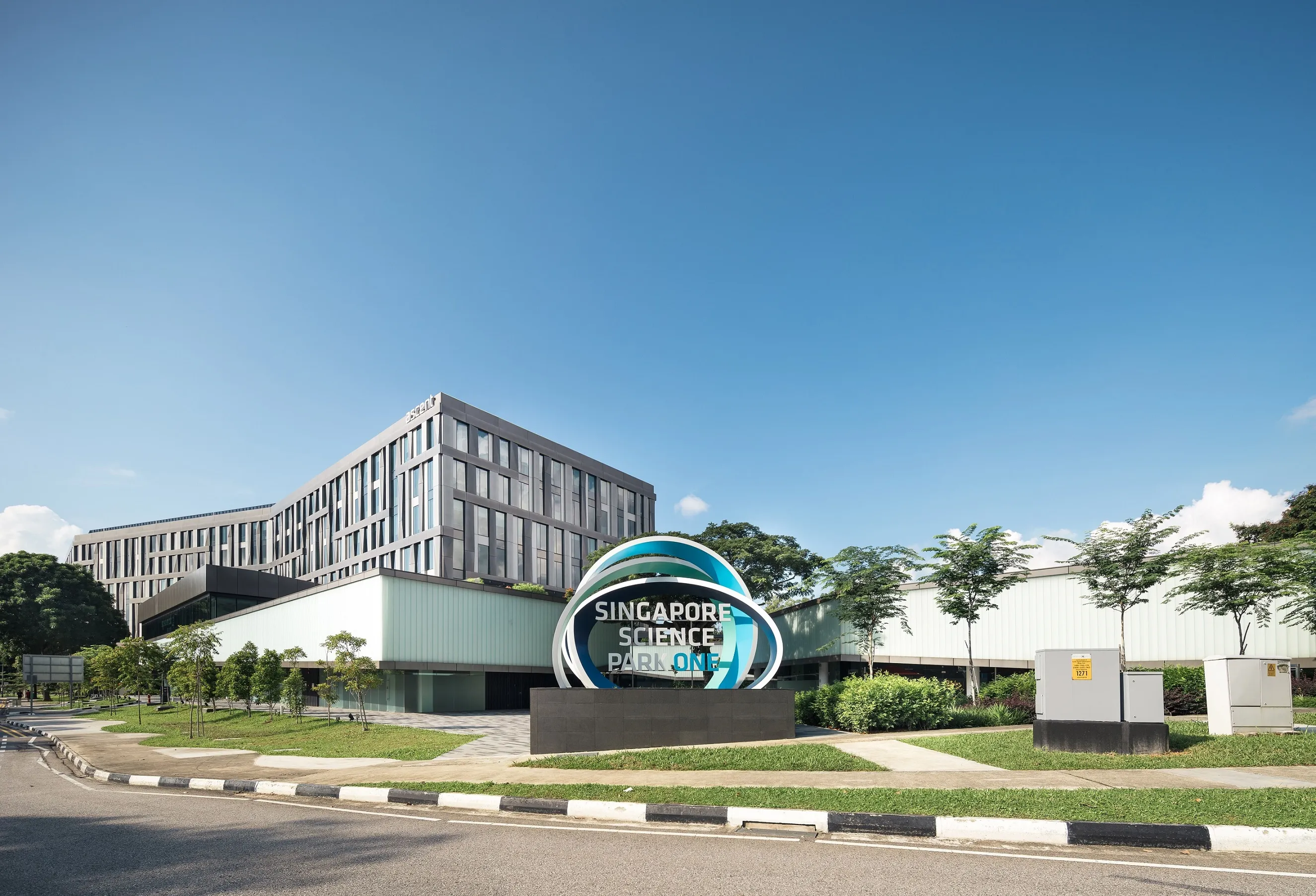Singapore's Ministry of Transport (MOT) and Land Transport Authority (LTA) have unveiled plans to start trialling self-driving vehicles, claiming this is another step towards the country’s long-term vision of deploying self-driving vehicles and mobility concepts to enhance and complement its multi-modal land transport system.
Self-driving vehicle trials have already commenced in a 200 hectare business park and are expected to start in another area in December. The tests will be carried out by the Institu
October 15, 2015
Read time: 3 mins
Singapore's Ministry of Transport (MOT) and Land Transport Authority (LTA) have unveiled plans to start trialling self-driving vehicles, claiming this is another step towards the country’s long-term vision of deploying self-driving vehicles and mobility concepts to enhance and complement its multi-modal land transport system.
Self-driving vehicle trials have already commenced in a 200 hectare business park and are expected to start in another area in December. The tests will be carried out by the Institute for Infocomm Research (I2R) under the Agency for Science, Technology and Research (A*STAR) and the Singapore-MIT Alliance for Research and Technology (SMART).
To ensure safe conduct of the trials, all self-driving vehicle prototypes are to be fitted with data loggers to record information such as the date and time of tests, vehicle speed, travel route and other relevant information.
LTA will also be implementing supporting infrastructure along the 6km-long test route in phases, in order to monitor the trials, as well as vehicle-to-infrastructure cooperative systems to enhance the awareness of self-driving vehicles. The supporting infrastructure includes closed-circuit television (CCTV) camera systems to allow LTA to monitor and study the behaviour of self-driving vehicles especially at locations such as traffic junctions and road bends.
Dedicated short range communications (DSRC) beacons will be implemented at designated locations to enhance the vehicles’ way-finding ability. A back office system will analyse the data generated by the vehicles and manage the flow of information between the test vehicles and the infrastructure system. Signage and decals will be implemented to inform other road users of the trials.
Permanent Secretary for Transport Pang Kin Keong, chairman of the Committee on Autonomous Road Transport in Singapore (CARTS), said, “Self-driving vehicles can radically transform land transportation in Singapore to address our two key constraints – land and manpower. The trials will help us shape the mobility concepts which can meet Singapore’s needs, and also gain valuable insights into how we can design our towns of the future to take advantage of this technology.”
According to the MOT, three other self-driving vehicle pilots have been planned for Gardens by the Bay, West Coast Highway, and Sentosa. These trials would include autonomous truck platooning for transporting cargo between port terminals and self-driving shuttles targeted for use by visitors and staff members at Sentosa.
Self-driving vehicle trials have already commenced in a 200 hectare business park and are expected to start in another area in December. The tests will be carried out by the Institute for Infocomm Research (I2R) under the Agency for Science, Technology and Research (A*STAR) and the Singapore-MIT Alliance for Research and Technology (SMART).
To ensure safe conduct of the trials, all self-driving vehicle prototypes are to be fitted with data loggers to record information such as the date and time of tests, vehicle speed, travel route and other relevant information.
LTA will also be implementing supporting infrastructure along the 6km-long test route in phases, in order to monitor the trials, as well as vehicle-to-infrastructure cooperative systems to enhance the awareness of self-driving vehicles. The supporting infrastructure includes closed-circuit television (CCTV) camera systems to allow LTA to monitor and study the behaviour of self-driving vehicles especially at locations such as traffic junctions and road bends.
Dedicated short range communications (DSRC) beacons will be implemented at designated locations to enhance the vehicles’ way-finding ability. A back office system will analyse the data generated by the vehicles and manage the flow of information between the test vehicles and the infrastructure system. Signage and decals will be implemented to inform other road users of the trials.
Permanent Secretary for Transport Pang Kin Keong, chairman of the Committee on Autonomous Road Transport in Singapore (CARTS), said, “Self-driving vehicles can radically transform land transportation in Singapore to address our two key constraints – land and manpower. The trials will help us shape the mobility concepts which can meet Singapore’s needs, and also gain valuable insights into how we can design our towns of the future to take advantage of this technology.”
According to the MOT, three other self-driving vehicle pilots have been planned for Gardens by the Bay, West Coast Highway, and Sentosa. These trials would include autonomous truck platooning for transporting cargo between port terminals and self-driving shuttles targeted for use by visitors and staff members at Sentosa.







